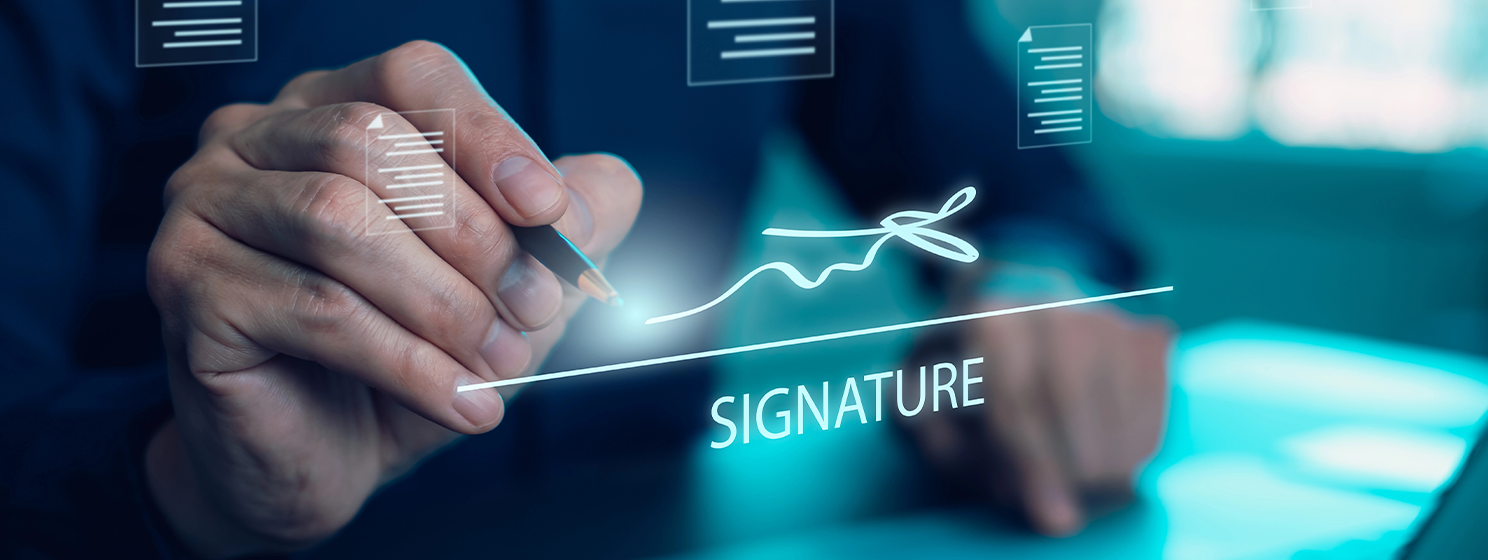|
Getting your Trinity Audio player ready...
|
The Philippines’ agricultural sector, having been used to the traditional operations of disbursing raw materials, is set for a major transformation with support from UNISOT, a Web3 supply chain sustainability platform as a service.
UNISOT Chief Financial Officer Torje Sunde was among the attendees and key speakers at the Digital Pilipinas Festival, where he detailed how UNISOT attempts to revolutionize the country’s agricultural sector and benefit Filipino farmers with the use of blockchain technology, targeting the pain points of the industry.
UNISOT’s attempt aligns with nChain‘s effort to develop blockchain use cases that would support the Philippine government’s digitalization initiatives.
In the Philippines, Sunde identified the issue of visibility across the supply chain as the main issue that UNISOT targets to work on, adding that through the company’s Digital Product Passport initiative, they also seek to empower Filipino farmers and small enterprises.
“We see often that all of the profits and power is usually at the end of the supply chain. By really letting the farmers release their data onto this global data layer, they can now earn money,” he said.
While data can be a source of revenue for farmers, information gathered will be extremely useful for organizations and institutions to help them track the status of the supply chain in the country.
With the Philippines being an agricultural haven, Sunde said this blockchain use case provides an even greater opportunity for the Philippines to leapfrog other nations in terms of supply chain management.
However, the Philippines has one problem to address before all this comes to fruition—getting farmers to use technology and embrace innovation.
But while this may seem like a complex task, considering that agricultural operations remain largely traditional, Sunde said for this UNISOT project, farmers only need to have their smartphones.
“What we have on our end is that we can actually integrate SMS to our platform…So, a farmer, let’s say, can use something as simple as QR code stickers and SMS to signal their data onto the blockchain,” he explained. “And then they can do the process just as mentioned, [and] get paid for the data and also to make their goods available for bidding so the prices can go up.”
Not only does the Digital Product Passport offer seamless supply chain management operations and generate revenue for farmers, but it also provides consumers transparency on the journey of the products and raw materials before being sold in markets.
Recognizing the power of smartphones
UNISOT’s project has emphasized the ability of smartphones to help the Philippines’ agricultural sector keep up with the evolving technological landscape, giving Filipinos a peek at possible opportunities that can be attained by simply utilizing a mobile phone.
In a separate interview with CoinGeek Backstage, Pheakdey “PK” Chheng gave Filipino smartphone users an alternative means to keep their hard-earned money, send and receive funds to and from other people, and pay bills seamlessly through Pi Pay.
Working as Pi Pay PLC digital director, Chheng said the app works as an e-wallet similar to GCash and Maya, allowing users to pay for goods and services.
The Digital Pilipinas Festival served as a platform to introduce Pi Pay to the Philippine market.
Currently, Pi Pay has over 300,000 users since it was made available in the Google Play Store and the Apple App Store in 2017 in Cambodia. Users are guaranteed that their funds and transactions are secured as the app is licensed and regulated by the National Bank of Cambodia, said Chheng.
Despite being regulated by law, Chheng said they hope to integrate blockchain technology into Pi Pay in the future to boost the app’s security. He also noted that the app has yet to introduce digital asset-related services, noting that lawmakers in Cambodia are still studying how to regulate digital currencies.
Pi Pay is among a handful of apps introduced at the Digital Pilipinas Festival to help improve the Philippines’ payments ecosystem and promote financial inclusion.
But with the Philippines gradually embracing innovation, Gwennovation CEO Gwyneth Manalo stressed the importance of educating oneself in using emerging technologies, including buying and selling digital currencies like BSV, which can be done simply using a mobile phone.
With the Philippines’ tech-savvy population, it is no surprise that Manalo’s tutorial video, “How to buy BSV,” which she uploaded on the X platform, blew up, gaining over 3,000 views in a short span of time.
Manalo said she was drawn to the BSV ecosystem as it allowed her to explore more beyond digital currencies and focus more on the utility of blockchain technology.
As a blockchain enthusiast, 18-year-old Manalo—through Gwennovation—said she plans to devote her time to continue educating the public on BSV and the ins and outs of the Web3 industry.
Watch: The Philippines is prime for investments—here’s why

 03-03-2026
03-03-2026 




